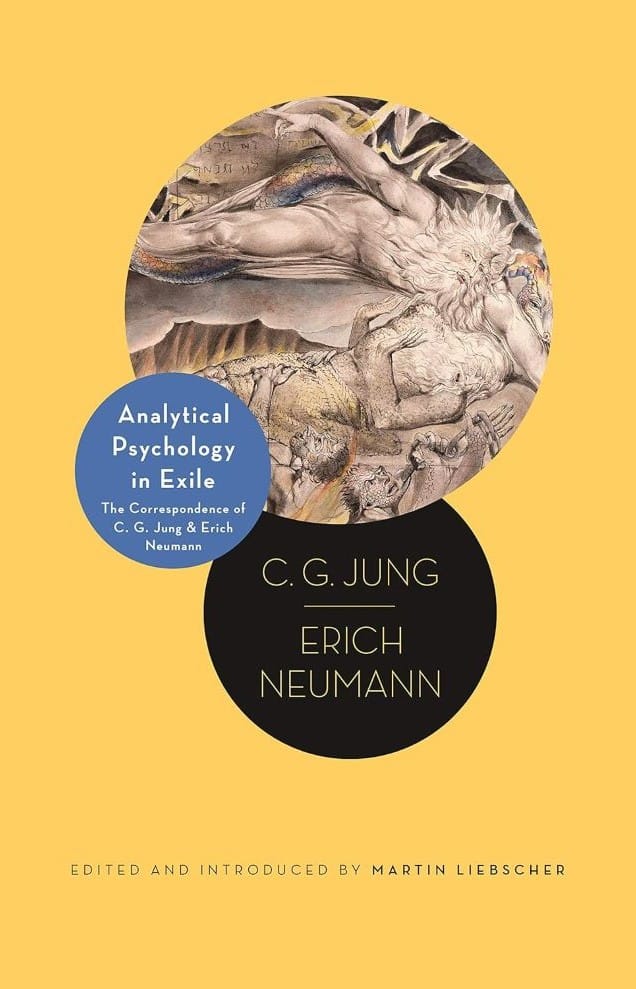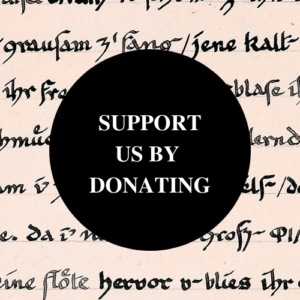Edited by Martin Liebscher
Translated by Heather McCartney
C. G. Jung and Erich Neumann first met in 1933, at a seminar Jung was conducting in Berlin. Jung was fifty-seven years old and internationally acclaimed for his own brand of psychotherapy. Neumann, twenty-eight, was a psychotherapist in training. The two men struck up a correspondence that would continue until Neumann’s death in 1960. A lifelong Zionist, Neumann fled Nazi Germany with his family and settled in Palestine in 1934, where he would become the founding father of analytical psychology in the future state of Israel.
Presented here in English for the first time are letters that provide a rare look at the development of Jung’s psychological theories from the 1930s onwards as well as the emerging self-confidence of another towering twentieth-century intellectual who was often described as Jung’s most talented student. Neumann was one of the few correspondence partners of Jung’s who was able to challenge him intellectually and personally. These letters shed light not only on Jung’s political attitude towards Nazi Germany, his alleged anti-Semitism, and his psychological theory of fascism, but also his understanding of Jewish psychology and mysticism. They affirm Neumann’s importance as a leading psychologist of his time and paint a fascinating picture of the psychological impact of immigration on the German Jewish intellectuals who settled in Palestine and helped to create the state of Israel.
The introduction by Martin Liebscher provides the necessary historical and biographical contexts to the content of the letters. It includes detailed accounts of Neumann’s first encounter with Jung, his short time in Zurich − overshadowed by accusations of Jung being anti-Semitic and sympathetic to developments in NS-Germany – and his settling down in Tel-Aviv. It describes Neumann’s life in Palestine in the 30ies, the establishment of his psychotherapeutic practice, his courses, and the early development of his writings. This is contrasted with Jung’s life and work in Zurich at the same time. Other topics concerning the pre-War correspondence deal with the question of Zionism, the Earth-archetype, the controversy with James Kirsch, and the review of Hugo Rosenthal’s article on Jewish typology.
The introduction describes in detail how the contact between Jung and Neumann was reestablished after the war and what difficulties and sometimes even hostilities Neumann had to face from the Jungian circles in Zurich. It also gives an account of his life in Tel-Aviv before and during the War of Independence and the foundation of the state of Israel in 1948. Additional subjects concern Neumann and the Eranos conference in Ascona, the problematic publication and reception of The New Ethic, his main works and theories in the fifties and the belated international recognition. A final chapter discusses the legacy of Neumann’s work.
The edition of the correspondence contains detailed annotations with hitherto unknown information concerning Jung and Neumann. Documents linked to the debate about the Jüdische Rundschau and the publication of The New Ethic are published as appendices. A number of photographs are printed here for the first time. A detailed bibliography and an index complete the volume.
RESOURCES
PURCHASE THIS BOOK
Read about ways to purchase the Philemon Series books.
ABOUT THE BOOK
Princeton University Press, Princeton/ Oxford
Hardcover: March 22, 2015
ISBN: 978-0691166179
Number of pages: 496
Product dimensions: 5.9 x 0.6 x 9.8 inches


